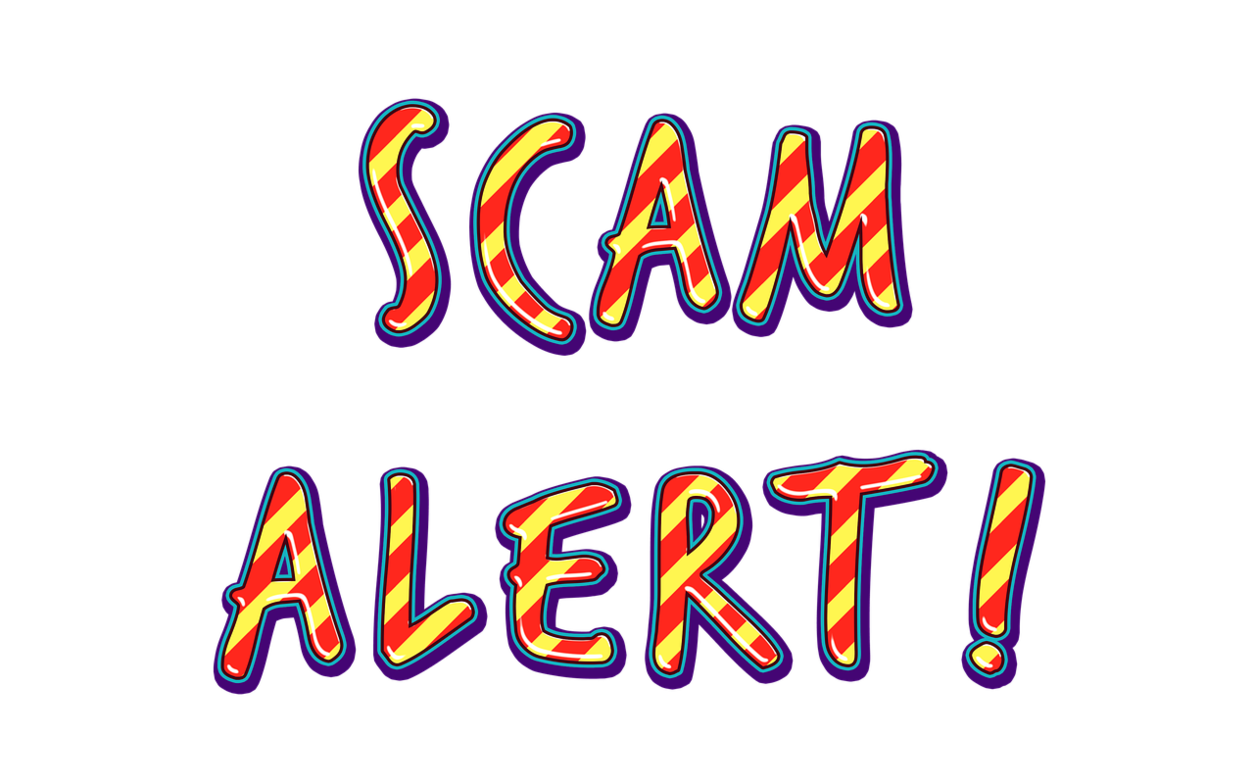
Phishing emails and text messages often tell a story to trick you into clicking on a link or opening an attachment. You might get an unexpected email or text message that looks like it’s from a company or a person you know or trust, like a bank or a credit card or utility company. Or maybe it’s from an online payment website or app. The message could be from a scammer, who might:
- say they’ve noticed some suspicious activity or log-in attempts — they haven’t
- claim there’s a problem with your account or your payment information — there isn’t
- say you need to confirm some personal or financial information — you don’t
- include an invoice you don’t recognize — it’s fake
- want you to click on a link to make a payment — but the link has malware
- say you’re eligible to register for a government refund — it’s a scam
- offer a coupon for free stuff — it’s not real
Remember, the church will never ask you for money over email or text. If you receive a notice that indicates it is from the church or from David asking you to email or text back, it is a phishing scam. Someone is pretending to be the church or David in order to steal money from you. Block the email or phone number and delete it.
How do you know it isn't real? If you receive a message from a friend, the church, a business, your bank that sounds "fishy" be safe and do not reply. Call you friend, bank, business or our office at the church at their phone number (not any number from the email) and we will let you know if it is genuine. Be safe, call first.
Most places will never reach out to you by email to request:
- Credit card or banking details
- Passwords or account information
- Payment to release or track a delivery
If you believe you’ve been a victim of fraud, contact the Canadian Anti-Fraud Centre by calling 1-888-495-8501.
If you have any questions or concerns about an email or text, please reach out to our office for help.
.jpg)